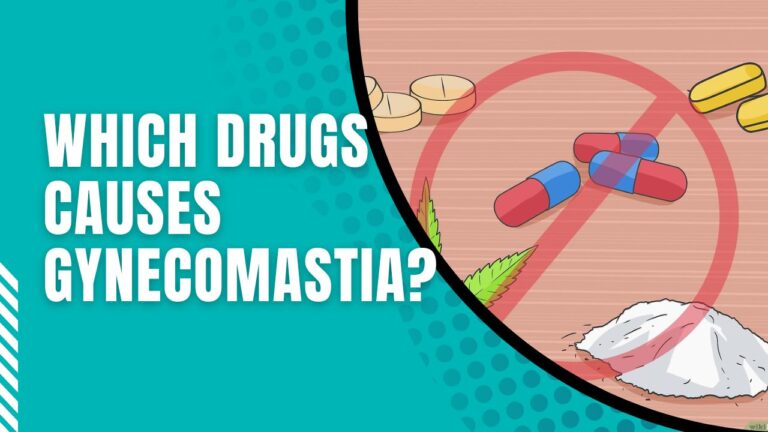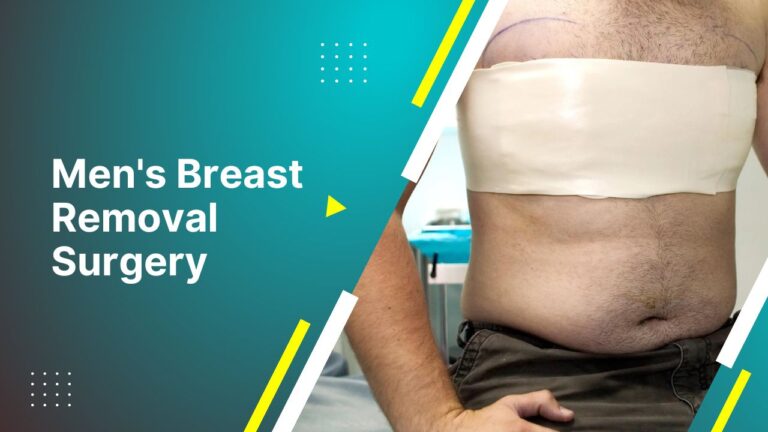Introduction to Gynecomastia
Gynecomastia is a condition characterized by the enlargement of breast tissue in males, often leading to physical and emotional discomfort. Understanding the nature of this condition and the various treatment approaches is crucial for those affected.
Understanding Gynecomastia: A Brief Overview
Gynecomastia can affect men at any age and is often a source of self-consciousness. It is typically caused by an imbalance of estrogen and testosterone, which can lead to the development of excess breast tissue.
Dr. Tarek’s Approach to Gynecomastia Treatment
Dr. Tarek emphasizes a personalized treatment plan that considers the patient’s unique circumstances, ensuring the best possible outcomes for those seeking relief from gynecomastia.
How Long Does Gynecomastia Last?
The duration of gynecomastia varies depending on several factors, including the underlying cause and the individual’s age and health status.
Book A Consultation With Dr Tarek Bayazid
Top-rated Plastic Surgeon For Gynecomastia in Dubai
Installment Plan Available
Gynecomastia Duration in Different Age Groups
| Age Group | Typical Duration |
| Adolescents | 6 months to 2 years |
| Adults | Varies; often persistent without treatment |
Source: American Academy of Pediatrics
Factors Influencing the Duration of Gynecomastia
- Hormonal changes during puberty or aging
- Use of certain medications or substances
- Underlying health conditions
Typical Gynecomastia Duration in Adolescents vs. Adults
- Adolescents: Often resolves within six months to two years
- Adults: May persist without intervention
Gynecomastia Causes and Risk Factors
Understanding the causes and risk factors is essential for determining the appropriate course of action.
Hormonal Imbalances and Their Role in Gynecomastia
Hormonal fluctuations, particularly during puberty or as a result of aging, can lead to the development of gynecomastia.
Medications and Substances Contributing to Gynecomastia
Certain drugs, including steroids, anti-androgens, and some heart medications, can increase the risk of developing gynecomastia.
Symptoms and Diagnosis of Gynecomastia
Early recognition and diagnosis are key to managing gynecomastia effectively.
Recognizing the Signs of Gynecomastia
- Swelling or enlargement of breast tissue
- Tenderness or pain in the breasts
- Nipple discharge in some cases
Dr. Tarek’s Diagnostic Process for Gynecomastia
A thorough evaluation, including medical history, physical examination, and possibly imaging tests, is conducted to diagnose gynecomastia accurately.
Treatment Options for Gynecomastia
Treatment varies based on the severity and underlying cause of gynecomastia.
Non-Surgical Management of Gynecomastia
- Medications to address hormonal imbalances
- Lifestyle changes, such as weight loss and exercise
Gynecomastia Surgery: Male Breast Reduction by Dr. Tarek
For persistent or severe cases, surgery may be recommended to remove excess breast tissue and restore a more masculine chest contour.
Gynecomastia Surgery: What to Expect
Surgery is a definitive treatment that can provide long-lasting results for those with gynecomastia.
Preparing for Gynecomastia Surgery with Dr. Tarek
Patients will receive detailed pre-operative instructions to ensure a smooth and successful procedure.
The Recovery Process After Male Breast Reduction
Recovery typically involves rest, wearing a compression garment, and following post-operative care guidelines to promote healing.
Gynecomastia Surgery Outcomes
Surgical intervention can significantly improve the physical appearance and psychological well-being of patients.
Anticipated Results from Gynecomastia Surgery with Dr. Tarek
Most patients can expect a flatter, firmer chest and an improved body image after recovery.
Long-Term Outlook for Gynecomastia Patients
With proper care and lifestyle adjustments, the results of gynecomastia surgery can be long-lasting.
Preventing and Managing Gynecomastia
While not all cases can be prevented, understanding risk factors can help manage and possibly reduce the likelihood of developing gynecomastia.
Can Gynecomastia Be Prevented?
Avoiding certain medications and substances known to cause gynecomastia may reduce risk.
Lifestyle Adjustments to Manage Gynecomastia Symptoms
Maintaining a healthy weight and balanced diet can help manage symptoms and improve overall health.
When to Seek Medical Advice
It’s important to consult a healthcare professional if you notice symptoms of gynecomastia.
When to Contact Dr. Tarek Regarding Gynecomastia Concerns
Seek medical advice if you experience breast pain, swelling, or any unusual symptoms.
Questions to Discuss with Dr. Tarek About Gynecomastia
Prepare a list of questions regarding treatment options, recovery, and expected outcomes to discuss during your consultation. Women’s Mammary Hypertrophy is a condition where a woman’s breasts grow very large, which can cause discomfort and health issues. It’s like carrying two heavy backpacks on your chest all the time.
FAQs on Gynecomastia Duration
Understanding common concerns can help individuals make informed decisions about their health.
Conclusion and Next Steps
Gynecomastia is a condition with varying duration and treatment options. Understanding the causes, symptoms, and available treatments is crucial for those affected.








